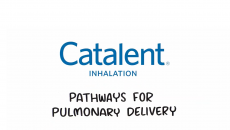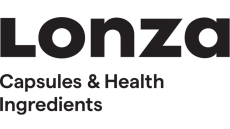Biotech Week Boston
Shire: Getting smart with delivery tech key in developing orphan drugs

Ørnskov discussed Shire’s rare drug R&D and manufacturing strategy at an industry meeting last week, acknowledging the importance of device technologies in administering these products.
“Our products need to come with very smart devices, whether they are delivered at home, in hospitals or in other ways,” he said in a keynote speech at Biotech Week Boston.
Shire has positioned itself as a leader in rare disease products since acquiring Transkaryotic Therapies back in 2005, and Ørnskov said 75% of its pipelines are intended to treat the 350 million people worldwide with rare diseases.
Presently 40% of Shire’s rare disease products are delivered using a specialised ‘smart’ device intended to “individualise a treatment” and deliver a precise and changing dose, but this is likely to grow to 60%.
“We need to continue to innovate, not with the treatment alone, not with the diagnosis alone, not with finding the patients but also by making sure that when the patients get a treatment they get it in a very targeted manner.”
One product he described is MyPKfit, used to deliver Advate [antihemophilic factor (recombinant)] from its haematology portfolio.
“With MyPKfit [patients] can adjust the dose based on a simple blood test so they can have a formula that will say how much of the medicine they need to take that day according to the bleeding standard.”
Buddying up
Shire has developed upwards of seven drug administration platforms in-house Ørnskov said, but stressed the importance of working with third-party device makers to create the best product for the patient.
“We cannot be the world experts in all the devices, in all the IT software programmes that are needed for these, we cannot know all the platforms,” he said.
“We have a number of platforms in house but we still need to work with other companies, hence why, for instance, we’re in the Cambridge [Massachusetts] area. Partnership is incredibly important for us.”















